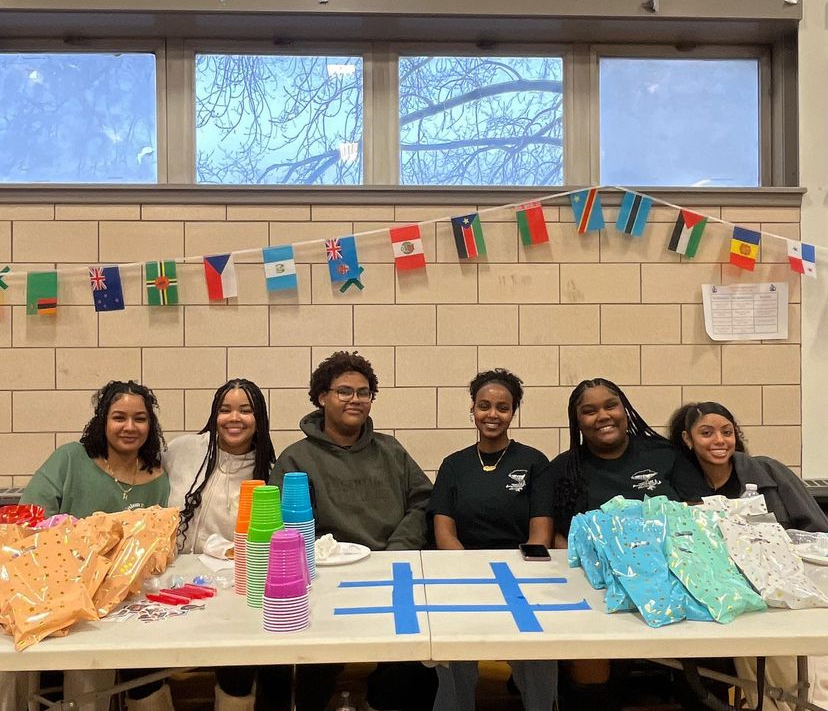Indigenous communities face turmoil and destruction, as miners wrongfully expand their businesses. The Yanomami Indigenous people, who live in Brazil, sent out a cry for help as illegal gold miners threaten
them. Al Jazeera reports threats including violence, as well as “the block of delivery of goods such as food and medicine to their embattled region.” According to Health Secretary Weibe Tapeba, the situation has come to a point where the area the Yanomami reside in looks very similar to a concentration camp. To make things even worse, across the board, malnutrition and disease has taken over the lives of many Yanomami people.
According to Tapeba, 20,000 illegal gold mines have had devastating environmental impact. Yale 360 reports “the area of illegal mines in Yanomami territory had nearly tripled over the previous three years.”
This industry allowed for the pollution of of rivers, and poisoned the fish due to the mercury. This becomes increasingly problematic, considering fish is the main food source for the Yanomami people. Additionally,
not only has deforestation become increasingly prevalent, but the mercury that is poisoning the rivers and vaporizing the air has caused a plethora of health problems for the Yanomami people. There have been
many fetal abnormalities, as well as neurological and motor problems. According to Yale 360, “92 percent of the residents have unsafe levels of mercury in their blood.”
Mercury isn’t the only way the Yanomami people are being contaminated. Many of the younger members of the Yanomami tribe are being forced to work in these mining areas as either prostitutes or miners. According to Yale 360, the numbers for cases of malaria increased from 2,928 to 20,394 from 2014-2022 alone.
Unfortunately, this invasion is not a new concept. According to Yale 360, the first major invasion dates all the way back to the 1970s, when many miners brought malaria to Yanomami territory, all while simultaneously polluting rivers through human waste and various mining chemicals. In 1992 however, miners were driven out of the territory through military force. The re-emergence of miners began ten years ago, and according to the Hutukara Yanomami association report, the square footage of land being occu-
pied by illegal miners has tripled to 8,085 acres.
There obviously needs to be major changes at a systematic level to remove miners that have illegally occupied and taken over the Yanomami territory. According to greenpeace, “a combination of protective policies” will be the only way in which a new economic order can coexist with the forest in Brazil, and ensure the basic human rights of the Yanomami people.
Things may be looking up, however. About a month ago, a report from BBC news indicated Brazil had airlifted “16 starving Yanomami tribal people to receive urgent treatment, after the government declared a medical emergency.” While airlifting individuals is still seen as the primary way to come about the issue, BBC indicated the Brazilian authorities announced the health ministry “would create a field hospital and send supplies and health professionals to the area.”


